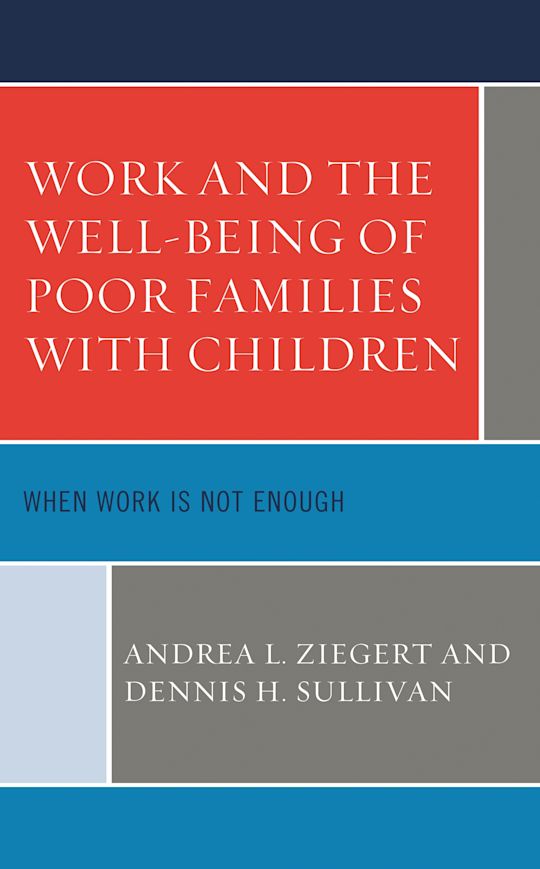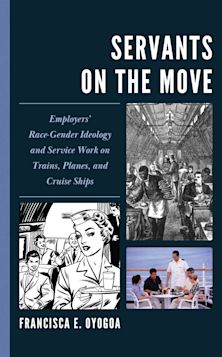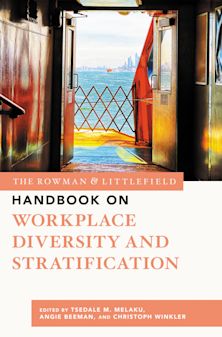Work and the Well-Being of Poor Families with Children
When Work is Not Enough
Work and the Well-Being of Poor Families with Children
When Work is Not Enough
Description
A 2023 Choice Reviews Outstanding Academic Title
This work assesses the possibilities and limitations of reducing poverty among families with children by increasing the work effort of the adults in those families. Following a historical review of family poverty since 1995, the authors present several policy simulations, including increased employment, a higher minimum wage, more generous tax credits, a child allowance, and reduced childcare or medical expenses. Specific policy proposals—including the proposals of the Biden Administration—are assessed using four criteria: reducing child poverty; equitable treatment of the poorest groups; promotion of self-sufficiency; and cost-effectiveness. The authors conclude that while no single policy is able to reduce family poverty by half while meeting the other criteria, several combinations of policies have the potential to do so.
Table of Contents
Chapter Two: Work and Wages: Understanding the U.S. Economy and the Poor
Chapter Three: From Work to SPM Family Poverty
Chapter Four: Wage Policies, Work Policies, and Other Policies—Which Policies Work?
Chapter Five: Detailed Proposals and Their Cost
Product details
| Published | 02 Sep 2022 |
|---|---|
| Format | Ebook (Epub & Mobi) |
| Edition | 1st |
| Extent | 210 |
| ISBN | 9781498556781 |
| Imprint | Lexington Books |
| Illustrations | 11 b/w illustrations; 35 tables; |
| Publisher | Bloomsbury Publishing |
Reviews

ONLINE RESOURCES
Bloomsbury Collections
This book is available on Bloomsbury Collections where your library has access.





























